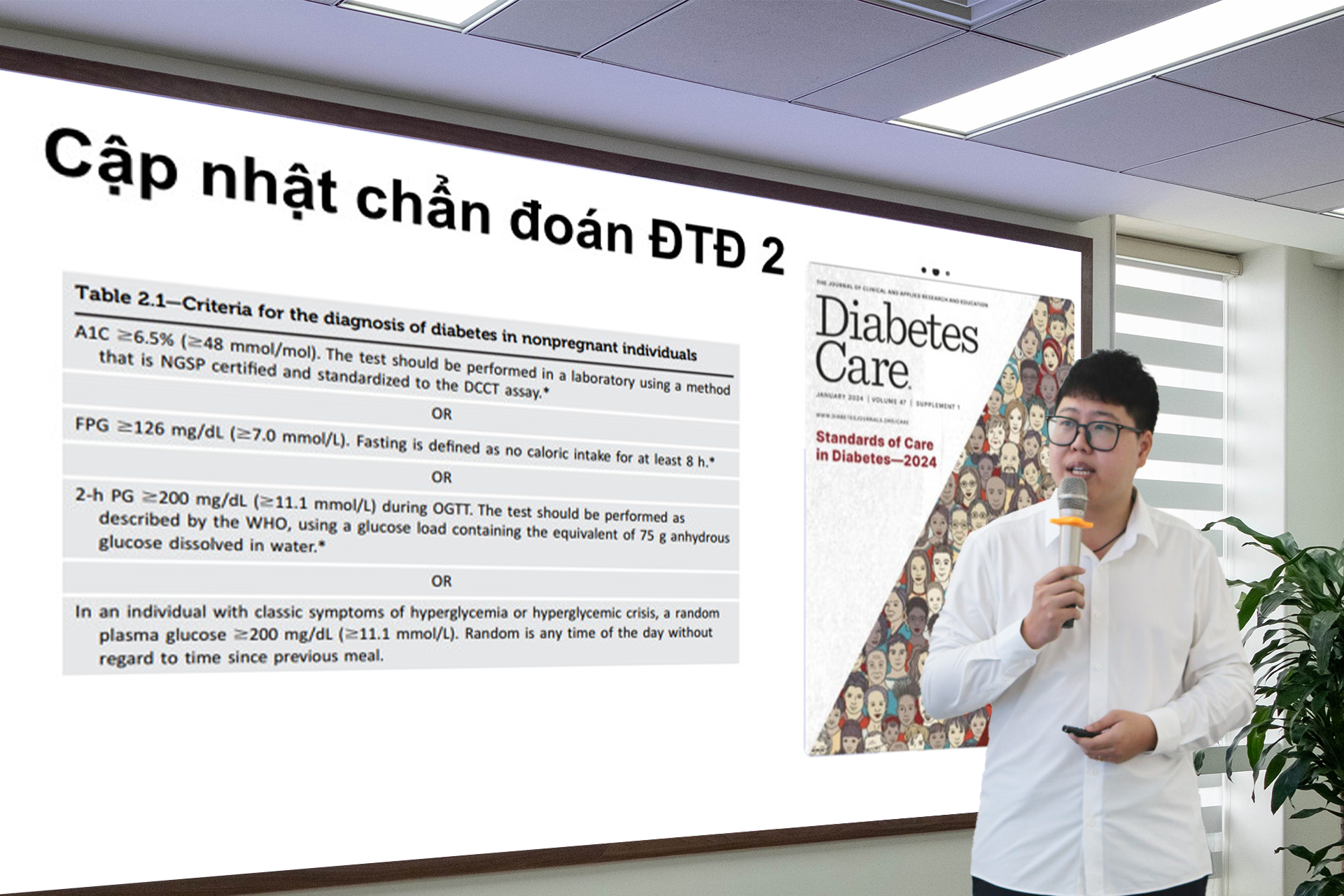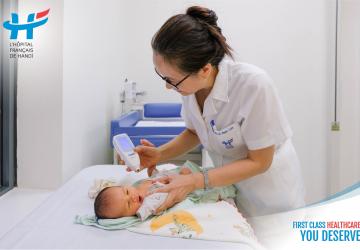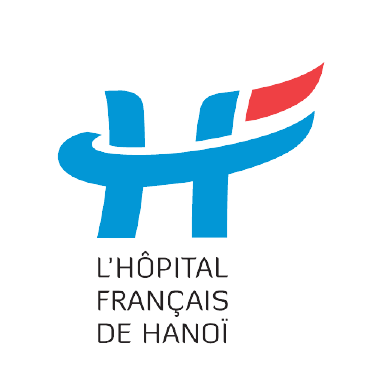Press & Media - Mon, 07/22/2024 - 10:43
Nutrition Workshop on Non-Communicable Chronic Diseases held at Hanoi French Hospital
Last update 07/22/2024 - 10:52
The Nutrition Workshop on Non-Communicable Chronic Diseases was held at Hanoi French Hospital on July 6, 2024.
The workshop was attended by Ha Thanh Son from the Department of Medical Service Administration, Ministry of Health; Assoc. Prof. Vo Thanh Quang M.D., Deputy General Director of HFH; Dr. Erwan Debuc, Chief Medical Officer of HFH; Dr. Ho Thu Mai, M.D., Head of the Nutrition Department at HFH; Dr. Tran Viet Cuong from the National Hospital of Endocrinology; and numerous nutrition experts from hospitals across the country.
Experts shared extensive experience and updated knowledge on nutrition for the prevention and treatment of non-communicable diseases (NCDs).
According to Dr. Ho Thu Mai, both globally and in Vietnam, there is a growing health burden caused by the increasing prevalence of NCDs.
It is estimated that NCDs account for up to 77% of total deaths annually in Vietnam, primarily due to cardiovascular diseases, cancer, diabetes, and chronic obstructive pulmonary disease.
Currently, there are over 20 million people nationwide suffering from NCDs, and this number continues to rise. Reports from hospitals indicate that 65-75% of hospitalized patients have NCDs, yet only one-third are promptly diagnosed and treated.
Enhancing control of disease risk factors, early detection, and management of NCDs will help protect and improve community health, thereby reducing social healthcare costs.
According to Dr. Ho Thu Mai, one of the leading risk factors contributing to the increase in NCDs is an unhealthy diet characterized by excessive sugar and salt intake, high saturated fat consumption, and insufficient consumption of vegetables, legumes, fruits, and whole grains.
A balanced diet, as recommended by the World Health Organization (WHO), helps prevent NCDs and should include adequate amounts from all four food groups, balanced and diverse between animal and plant sources, including:
- Fat: 20 - 30% of total energy intake
- Unsaturated fat: 70%
- Avoid Trans fats
- Sugar: 5-10% of total energy intake
- Salt: 5g/day
- Fruits and vegetables: 300 - 400g/day
- Eat foods as close to their natural state as possible

Nutrition plays a crucial role in the prevention and treatment of NCDs. At Hanoi French Hospital, nutritional care is integrated into the treatment of all outpatient and inpatient patients who require dietary therapy to enhance treatment effectiveness. Nutritional care is personalized to ensure it aligns with each patient's medical condition and nutritional status.
Throughout the treatment process, specialists monitor patients to ensure strict adherence to prescribed dietary regimes, assess nutrient intake capabilities, and evaluate the effectiveness of nutrition interventions.
Multidisciplinary treatment ensures comprehensive patient care, promotes rapid recovery, reduces hospitalization duration, and lowers healthcare costs. Upon discharge, patients receive continued guidance on maintaining proper nutrition to sustain good health.
Also at the workshop, Dr. Tran Viet Cuong from the National Hospital of Endocrinology updated on the diagnosis, treatment, and prevention of Type 2 Diabetes Mellitus (T2DM).

Dr. Cuong emphasized the importance of lifestyle changes in disease prevention, including adopting a healthy diet, weight loss, and increasing physical activity.
Adults who are overweight or obese are at high risk of developing T2DM and should receive in-depth counseling on lifestyle modifications to achieve and maintain healthy weight loss through a balanced diet, calorie reduction, and moderate-intensity physical activity.
Dr. Cuong said that individualized treatment methods and a "patient-centered" approach will guide medication choices for T2DM patients. Encouraging healthy lifestyles, educating on self-management of diabetes, avoiding unnecessary increases in treatment dosage, and considering the impact of social factors should be taken into account in disease management.
The workshop was successful in achieving its goal of sharing expertise and enhancing awareness of the crucial role of nutrition in the prevention and treatment of NCDs. Speaking at the workshop, Dr. Erwan Debuc, Chief Medical Officer of HFH, affirmed the hospital's commitment to research in this field with the aim of improving healthcare for the community.



